广东省汕头市2024届高三上学期12月期中考试英语
试卷类型:A汕头市2023-2024学年度普通高中毕业班期中调研测试英语本试卷共8页,满分120分。考试用时120分。注意事项:1.答题前,考生务必将自己的姓名、考生号、考场号和座位号填写在答题卡上。2.作答选择题时,选出每小题答案后,用2B铅笔把答题卡上对应题目选项的答案信息点涂黑;如需要改动,用橡皮擦干净后,再选涂其它答案。答案不能答在试卷上。试题序号从“21”开始。3.非选择题必须用黑色字迹的钢笔或签字笔作答,答案必须写在答题卡各题目指定区域内相应位置上;如需改动,先划掉原来的答案,然后再写上新的答案;不准使用铅笔和涂改液。不按以上要求作答无效。4.考生必须保证答题卡的整洁。考试结束后,...
相关推荐
-
公司日常考勤制度VIP免费

 2024-11-29 19
2024-11-29 19 -
公司人事考勤制度VIP免费
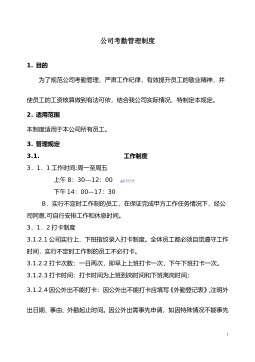
 2024-11-29 22
2024-11-29 22 -
公司规章制度汇编VIP免费
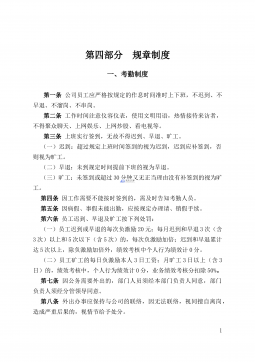
 2024-11-29 20
2024-11-29 20 -
岗位绩效工资制度VIP免费
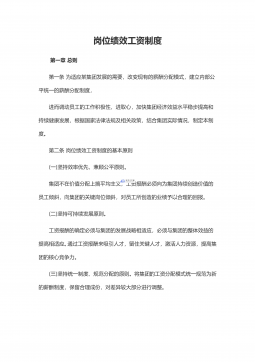
 2024-11-29 22
2024-11-29 22 -
保密制度汇编VIP免费

 2024-11-29 22
2024-11-29 22 -
《绩效管理制度》VIP免费
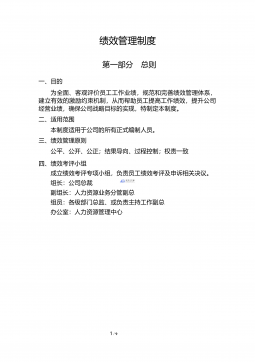
 2024-11-29 24
2024-11-29 24 -
《施工企业安全生产评价标准》JGJ/T-77—2010VIP免费
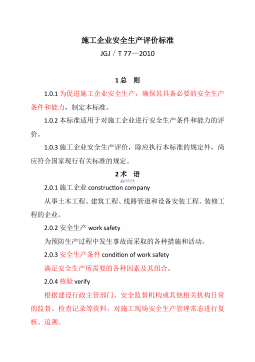
 2024-12-14 263
2024-12-14 263 -
《潮起:中国创新型企业的诞生》导读VIP免费
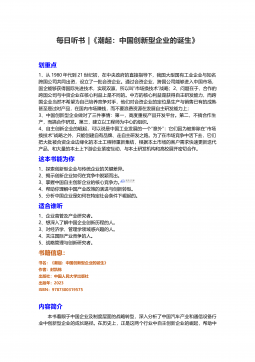
 2024-12-14 74
2024-12-14 74 -
岗位面试题库合集-通用面试题库-世界五百强面试题目及应答评点(全套50题)VIP免费
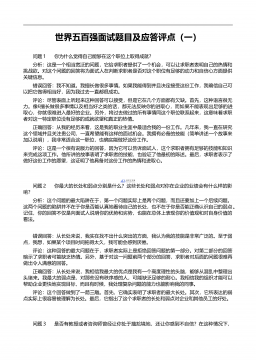
 2024-12-15 81
2024-12-15 81 -
(试行)建设项目工程总承包合同示范文本GF-2011-0216VIP免费

 2025-01-13 148
2025-01-13 148
相关内容
-
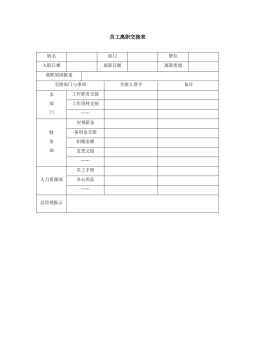
47_员工离职交接表-模板
分类:人力资源/企业管理
时间:2025-08-23
标签:无
格式:DOC
价格:10 玖币
-
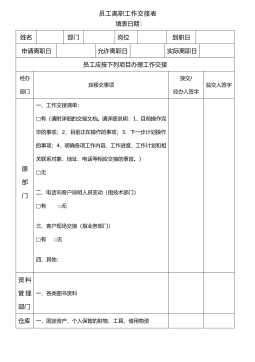
46_员工离职工作交接表
分类:人力资源/企业管理
时间:2025-08-23
标签:无
格式:DOC
价格:10 玖币
-
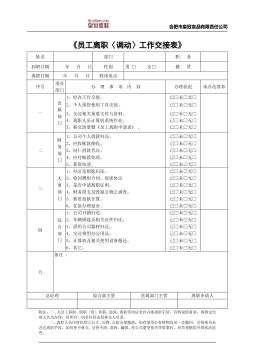
45_员工离职〈调动〉工作交接表
分类:人力资源/企业管理
时间:2025-08-23
标签:无
格式:DOC
价格:10 玖币
-

2025年行政事业性国有资产报告软件操作讲解20251216
分类:人力资源/企业管理
时间:2026-01-05
标签:无
格式:PPTX
价格:10 玖币
-

2025年度行政事业性国有资产报告 - 资产报告及公共基础设施等20251217
分类:人力资源/企业管理
时间:2026-01-05
标签:无
格式:PPTX
价格:10 玖币


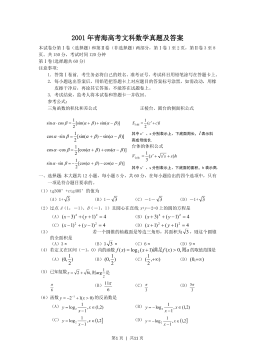
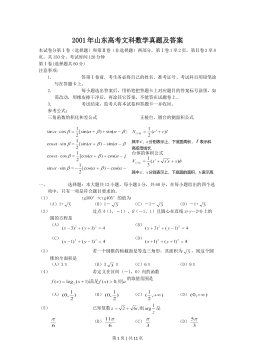
 渝公网安备50010702506394
渝公网安备50010702506394
